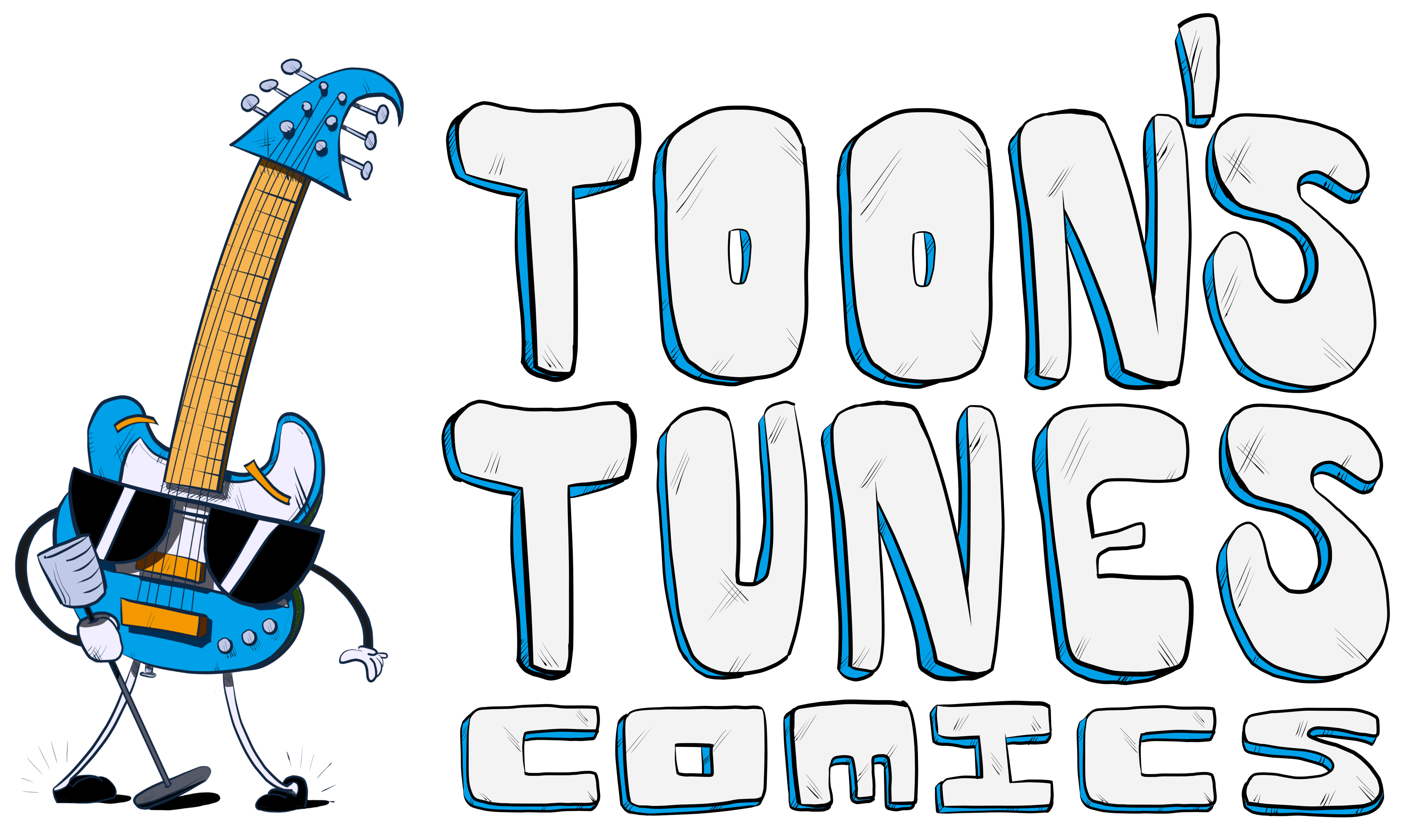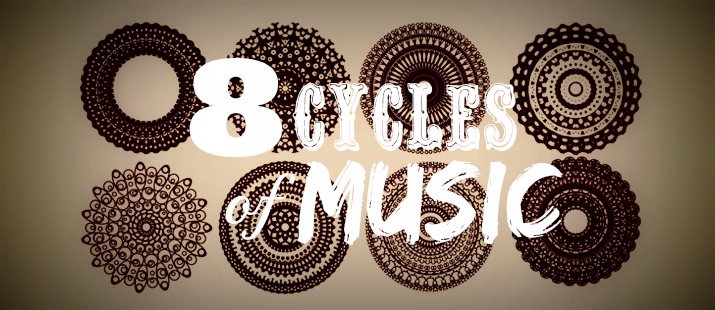“I don’t appreciate you guys playing that disco jungle music here at church! I can teach you guys some things about music. I’ve been doing this for about 35 years.” The old beer bellied bass player said.
My buddies looked at the dude with conceit. My 23 year old inexperienced mind said, “If you’ve been doing this for 35 years than why do you still suck.”
Seriously, this guy didn’t like our view of music especially for church. He thought it was the devil. Lol 🙂 What happened was I visited an old friends church to perform, but some folks kind of disagreed with our choice of music. Go figure…
The beer bellied bass player wasn’t horrible at bass but I assumed if you’ve been playing for 35 years you’d be pretty amazing and the guy was average at best. The guy was stuck back 35 years ago.
According to Malcolm Gladwells book “Outliers” he states it takes about 10,000 hours or 10 years to master your profession. But those who are geniuses never stop learning and keep striving for perfection.
John Maxwell talks about: experience and evaluated experience. Experience is when an individual learns based on life. Evaluated experience is when an individual not only learns based on life, but also strives for more knowledge and skills for constant improvement. The learning process never ends for someone with evaluated experience.
“Experience is not the best teacher…Evaluated experience is the best teacher.” John C. Maxwell.
I want to learn from someone with evaluated experience, not just life’s experience but also from an individual who is always striving for perfection no matter what age.
There are cycles in our music lives and careers that always turn up when we least expect it. When those cycles return what are you doing for growth and improvement? Are we just “living life” as they call it, or are we actually taking the time and effort to get to the next level of the musical stratosphere?
There are 8 Cycles of Music that tend to always be around and we can’t really get rid of them. These cycles always need maintenance and upgrades.
Here is the list of the 8 Cycles of Music.
- Musical Skills: This incompasses skills like: technique, ear training, reading, rhythm. Practice should be part of your life,
- Musical Knowledge: Music theory, biographies of the greats, evaluated experience.
- Creation: Music is 100% creative. We need to emphasize more on composition than anything else.
- Social Network: Our network depends on our relationships with the right people. Are you around the right people?
- Finances (For working professionals.): When we make a decision to make music our profession, proper finance management must be a part of the equation.
- Body: Without proper diet and exercise we won’t enjoy the fruits of our labor. I believe this is a must and common sense for anyone.
- Mind and Emotions: Stress is the number one symptom for chronic diseases. Remove yourself from anything or anyone that can create a toxic environment for you. Your attitude, beliefs and value can also determine the health of your career. Adopt the mindsets of the “GIANTS of MUSIC” and other successful individuals and everything else will follow.
- Spirit: How grateful are you? Everyday you wake up, thank your creator for giving you another day to live, for your family and loved ones. Your talents and career. Though you may not have reached your goals yet, stay grateful. Dedicate to helping and serving others in your field. Discover Selflessness.
From a scale of 1-10, what would grade yourself on all 8 cycles? I don’t believe a “10” would really exist because that would mean perfection, but we can always strive for perfection and that’s by committing yourself to your growth.
The Lesson
- Become a lifelong learner.
- Evaluate all 8 cycles of music.
- Create a plan for long sustaining growth.
- Execute your plan.
- Be prepared for bumps.
There you go folks stay the course and excellence will soon be achieved. Feel free to comment in the section below.

